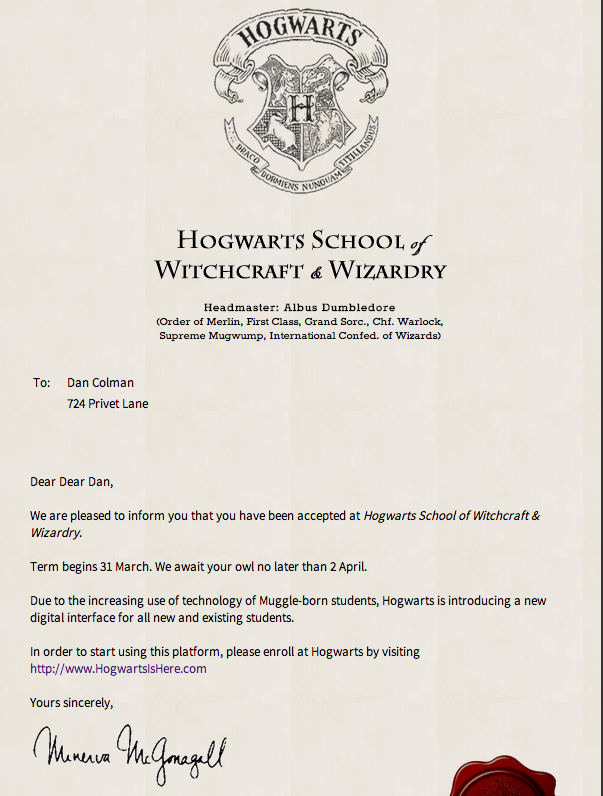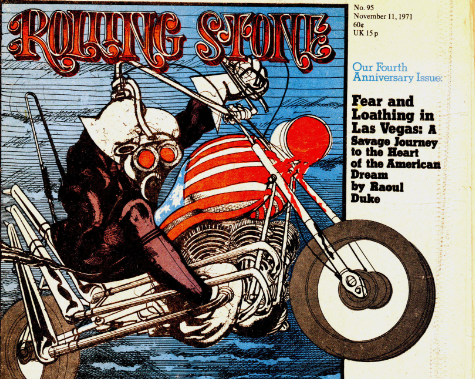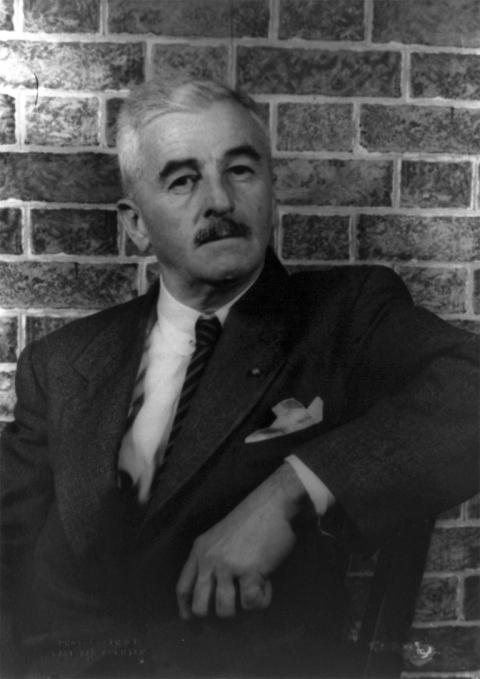So it’s National Poetry Month, and the Academy of American Poets recommends 30 Ways to Celebrate, including some old standbys like memorizing a poem, reading a poem a day, and attending a reading. All sensible, if somewhat staid, suggestions (I myself have been re-reading all of Wallace Stevens’ work—make of that what you will). Here’s a suggestion that didn’t make the list: spend some time digging the poetry of Patti Smith.
A living breathing legend, Smith doesn’t appear in many academic anthologies, and that’s just fine. What she offers are bridges from the Beats to the sixties New York art scene to seventies punk poetry and beyond, with spandrels made from French surrealist leanings and rock and roll obsessions. A 1977 Oxford Literary Review article aptly describes Smith in her heyday:
In the late sixties and early seventies Patti Smith was a member of Warhol’s androgynous beauties living under the fluorescent lights of New York City’s Chelsea Hotel…Her performances were sexual bruisings with the spasms of Jagger and the off-key of Dylan. Her musical poems often came from her poetical fantasies of Rimbaud.
Smith’s work is sensual and wildly kinetic, as is her process, which she once described as “a real physical act.”
When I’m home writing on the typewriter, I go crazy
I move like a monkey
I’ve wet myself, I’ve come in my pants writing
Emily Dickenson she ain’t, but Smith also has an abiding love and respect for her literary forebears, whether now-almost-establishment figures like Virginia Woolf or still-somewhat-outré characters like Antonin Artaud and Jean Genet.
Smith’s first published collection of poetry, Seventh Heaven, appeared in 1972 and included tributes to Edie Sedgwick and Marianne Faithfull. She dedicated the book to gangster writer Mickey Spillane and Rolling Stones’ muse, and partner of both Brian Jones and Keith Richards, Anita Pallenberg.
The book has not been reissued, and print copies are rare. Yet, as the afore-quoted article notes, Patti Smith’s is an “oral poetics” that “uses much of her voice rhythms.” The line between her work as a punk singer and performance poet is ephemeral, perhaps nonexistent—Patti Smith on the page is great, but Patti Smith on stage is greater. Hear for yourself, above, in a 1972 recording of Smith reading twelve poems from her first collection at St. Mark’s Church in New York City. She sounds almost exactly like Linda Manz from Terrence Malick’s Days of Heaven, a streetwise kid with a romantic streak a mile wide.
Over three decades and many more publications later, Smith is now a National Book Award winner and a considerably mellower presence, but she has never strayed far from her roots. Above, see her at back at St. Marks in 2011, reading her poem “Oath,” first written in 1966, whose famous first line “Jesus died for somebody’s sins, but not mine” became the unforgettable opening to her equally unforgettable “Gloria.” For contrast, hear her read the same poem below, in 1973, over squalling guitar feedback (and with the famous line beginning “Christ died…”). Classic, classic stuff.
See and hear many more of her readings on Youtube, and see this site for a partial Patti Smith bibliography, publication history, and selected archive of poems, essays, and reviews.
Smith’s readings of Seventh Heaven will be added to our collection of Free Audio Books.
via Flavorwire
Related Content:
Watch Patti Smith Read from Virginia Woolf, and Hear the Only Surviving Recording of Woolf’s Voice
See Patti Smith Give Two Dramatic Readings of Allen Ginsberg’s “Footnote to Howl”
Patti Smith Plays Songs by The Ramones, Rolling Stones, Lou Reed & More on CBGB’s Closing Night (2006)
Patti Smith Documentary Dream of Life Beautifully Captures the Author’s Life and Long Career (2008)
Josh Jones is a writer and musician based in Durham, NC. Follow him at @jdmagness





